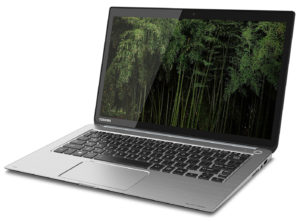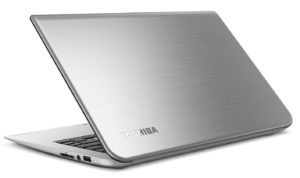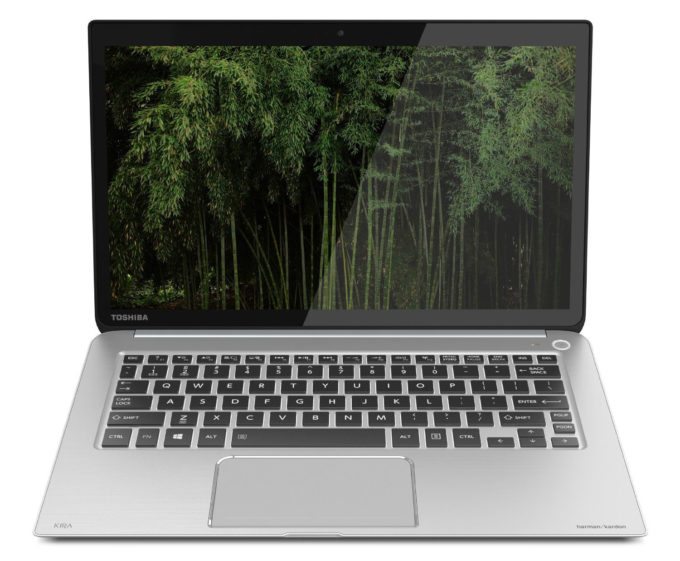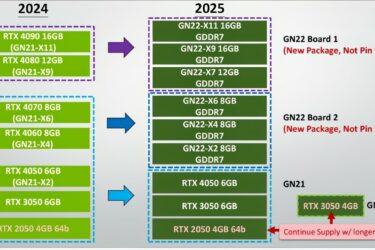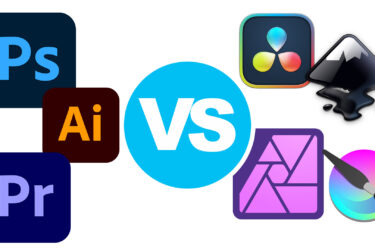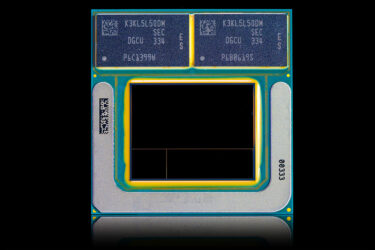Toshiba KIRA
- Intel Core i7-4500U
- Intel HD Graphics 4400
- 13.3”, WQXGA (2560 x 1600), IPS
- 256GB SSD
- 8GB DDR3
- 1.10 kg (2.4 lbs)
Technische Daten
- Anzeige
- HDD/SSD
- 256GB SSD
- RAM
- 8GB DDR3
- OS
- Windows OS
- Gehäuse Material
- Kunststoff / Polycarbonat, Magnesiumlegierung (Magnesium, Kunststoff)
- Abmessungen
- 315 x 207 x 18 mm (12.40" x 8.15" x 0.71")
- Gewicht
- 1.10 kg (2.4 lbs)
- Ports und Konnektivität
- 3x USB Type-A
- 3.2 Gen 1 (5 Gbps)
- HDMI
- Kartenleser
- SD
- Ethernet LAN
- Wi-Fi
- 802.11ac
- Bluetooth
- 4.0
- Audio jack
- 3.5 mm combo headphone/mic jack
- Merkmale
- Web-Kamera
- Mikrofon
- Lautsprecher
- Harman Kardon® stereo speakers
- Sicherheitsschlitz
Tragbarkeit
Überprüfung
Toshiba KIRA gründliche Überprüfung
Japanese precision and good quality are what we expect from a high-end Toshiba notebook, especially when talking about the flagship of the ultrabook lineup from the company's portfolio. But that's not the only thing we liked about the notebook. And maybe this time Toshiba will earn its place on the premium market segment.As usual, this year's KIRA is packing inside the latest hardware Intel has to offer and a good display with IGZO technology, but more on that later. The 13.3-incher surprised us mostly with a thin and light design despite its rigid casing. Sadly, though, things are not as perfect as they seem from our first few sentences. We've got some insight on the cooling system that might not appeal to some as well as user-friendly drawbacks, but this is somehow understandable[...]
Lesen Sie die vollständige Rezension
Profis
- Excellent build quality with lightweight and durable design
- IGZO IPS panel with high contrast, high resolution and accurate colors
- Comfortable keyboard and touchpad
- Comfortable keyboard and touchpad
Nachteile
- Toshiba used mSATA instead of M.2 SATA leading to a slower read/write speeds
- PWM across all brightness levels (0-99%)
- Too noisy fan
